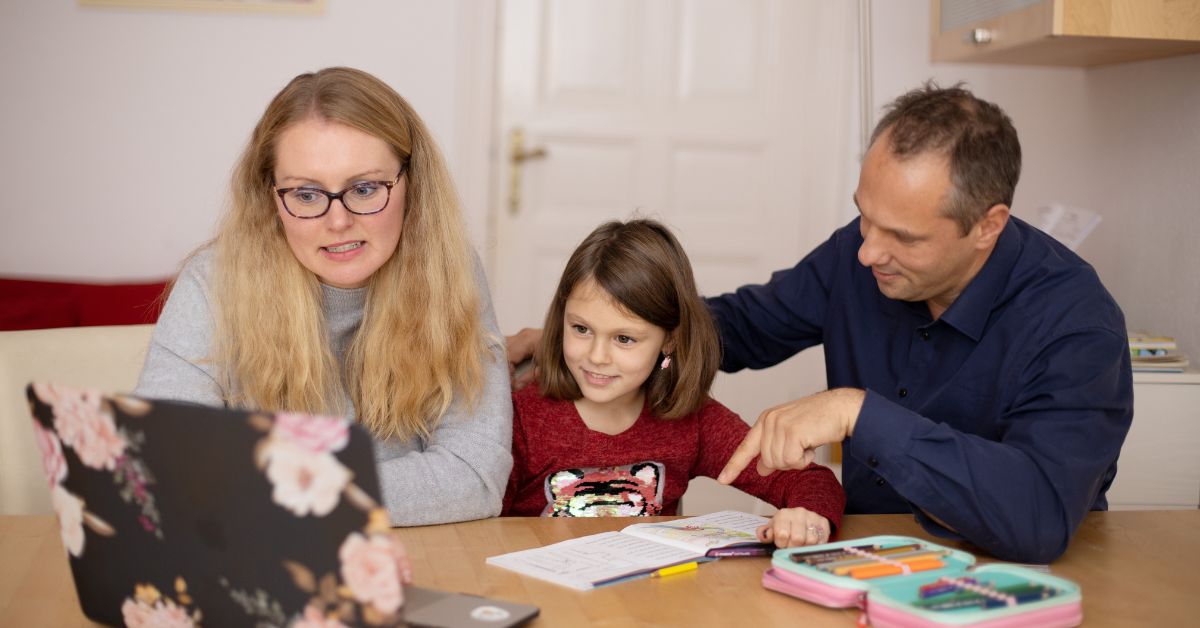Research skills are foundational for lifelong learning. When homeschooling, parents have a unique opportunity to teach these skills in creative, personalized ways. It’s not just about finding information online; it’s about learning to evaluate sources, think critically, and synthesize knowledge. For homeschoolers, developing strong research skills can open doors to academic success, independent learning, and informed decision-making in everyday life.
The ability to research effectively goes beyond academic needs. It’s a life skill that fosters curiosity, critical thinking, and informed decision-making. Homeschoolers, in particular, benefit because they often have a more flexible educational environment, allowing them to explore topics deeply and at their own pace. Research teaches:
- Critical analysis of information in a world full of misinformation.
- Problem-solving abilities by connecting ideas and piecing together evidence.
- Independent thinking as students learn to trust their reasoning and validate their conclusions.
- Preparation for higher education and careers, where research is essential.
By making research part of your homeschool curriculum, you set your child up for success in both academic and personal pursuits.
Teaching Critical Thinking At Home
Critical thinking forms the backbone of strong research skills. It enables students to question, evaluate, and refine information rather than passively accepting it. Here are some strategies to foster critical thinking at home:
Start with Question-Based Learning
Encourage your child to ask “why” and “how.” When approaching a new subject, frame it as a series of questions instead of presenting the facts first. For example:
- “Why do some plants thrive in the desert while others cannot?”
- “How does the human body process food into energy?”
This question-first approach teaches kids to think critically from the start and primes them for researching answers.

Teach Them to Spot Reliable Sources
Children growing up in the digital age must learn to differentiate credible sources from fake or biased ones. Teach them to:
- Evaluate author expertise and credentials.
- Check for recent publication dates to ensure up-to-date information.
- Compare information across multiple sources before forming conclusions.
- Recognize biased articles or those with overly emotional language.
Introduce Analysis Tools
Explore tools or frameworks to help your child analyze information. A popular method is the “CRAAP Test,” which evaluates sources based on Currency, Relevance, Authority, Accuracy, and Purpose. Work through real examples together, like comparing a Wikipedia article to a scholarly journal, to see how each stacks up.
Create a Safe Space to Debate
Engage your child in healthy debates about books, current events, or even family rules. Encourage them to back up their opinions with evidence and to listen respectfully to counterarguments. For instance, you could suggest they research both sides of a controversial issue like technology’s impact on education and discuss their findings with the family.
Encourage Reflection
After completing a research project or study, ask reflective questions:
- Did the process answer your questions?
- What challenges did you face while researching?
- Would you do anything differently next time?
Reflection reinforces critical thinking by helping students identify strengths and areas for improvement.
Homeschool Research Project Ideas
Research projects are an excellent way to apply critical thinking and research skills. They can also ignite enthusiasm for learning by allowing children to explore topics they’re passionate about. Here are some adaptable homeschool project ideas:
- Everyday Science Exploration
Encourage your homeschooler to research the science behind everyday phenomena. Topics could include:
- How does weather forecasting work?
- What causes bread to rise (the biology of yeast)?
- How do batteries store and release electricity?
Have them create a mini-experiment or demonstration to share what they’ve learned.
- Family History Report
Dig into family history! Ask your child to interview relatives, research genealogical records, or study events that shaped their ancestors’ lives. This project can tie into geography, history, and sociology.
- Create a Nature Field Guide
For students who enjoy the outdoors, this hands-on project encourages observation and research. Have them identify plants, animals, or insects in your area and compile their findings into a personalized guide. They could include sketches, photos, and fun facts.
- Compare Cultures
Choose two countries and compare their cultures, traditions, and history. Questions to answer might include:
- What are the major holidays celebrated in each country?
- How do the education systems differ?
- What are popular foods, and why are they significant?
To take it further, prepare a dish from one of the researched cultures to bring the project to life.
- Debate Topics with Research
Assign students a debate topic, like “Should schools adopt a four-day week?” or “Is space exploration worth the investment?” They’ll need to research and present arguments for both sides, which enhances their ability to understand multiple perspectives.
- Build a Business Plan
Have your homeschooler imagine starting their own business. They’ll need to research market trends, pricing strategies, and customer needs. This activity integrates math, communication, and reasoning with real-world applications.
- News Detective
Ask your child to choose a current event and follow its coverage for a week. They can track how the story evolves, compare different media outlets’ reporting, and write their analysis.
- Study Famous Innovators
Encourage your homeschooler to research someone who shaped history with innovation, like Marie Curie, Leonardo da Vinci, or Ada Lovelace. Beyond summarizing their accomplishments, students should analyze challenges these figures faced and how they overcame them.
Integrating Research Into Daily Life
It’s easy to include research into everyday homeschooling life without treating it as a “special event.” For instance, if your child is curious about astronomy, encourage them to research why constellations are seasonal. If they enjoy cooking, they can investigate how baking soda works chemically in recipes. Use natural curiosity as the entry point for research.
Additionally, take advantage of resources like:
- Local libraries for books, archives, and research assistance.
- Free online courses or videos on topics of interest.
- Museums or historical sites for hands-on learning.
- Educational tools like Google Scholar, fact-checking sites, or kid-friendly research databases.
Encouraging curiosity in daily life helps children see research not just as a task but as a way to satisfy their natural desire to learn.
Overcoming Common Challenges
Teaching research skills to homeschoolers isn’t without hurdles. Disinterest, frustration, or confusion may pop up. To address these:
- Break the process into steps so it doesn’t feel overwhelming. Start with picking a topic, then brainstorm questions, then search for sources, and so on.
- Choose engaging topics. A child fascinated by animals will be more excited to research endangered species than a scientific field they’ve never encountered.
- Model good research habits. Share examples of how you evaluate validity or stay organized, showing it’s a process everyone practices.
- Celebrate small successes. Acknowledge when they identify a great source, ask insightful questions, or organize their research effectively.
With patience and creativity, these challenges can become opportunities for growth.
Building a Foundation for Lifelong Learning
Teaching research skills to homeschoolers sets them up for success in ways that go far beyond academics. It equips them to seek knowledge independently, evaluate ideas critically, and contribute thoughtfully to the world around them. Whether they’re debating a topic at the dinner table, building an innovative project, or writing a paper for college, these skills will serve them well.
Homeschool parents have the unique advantage of tailoring this key skill to their child’s pace, interests, and strengths. By integrating research into everyday life, encouraging curiosity, and practicing critical thinking together, you empower your student to thrive in learning and in life.





